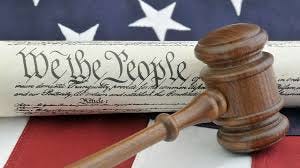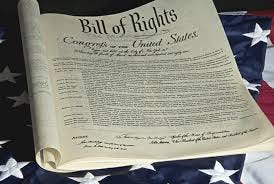The US Bill of Rights is the first ten amendments to the US Constitution. It was ratified in 1791 and outlines the individual rights and freedoms that the government must protect.
The First Amendment protects freedom of religion, speech, the press, assembly, and petition. The Second Amendment protects the right to bear arms. The Third Amendment prohibits the government from quartering soldiers in private homes without the owner's consent.
The Fourth Amendment protects against unreasonable searches and seizures. The Fifth Amendment protects against self-incrimination and double jeopardy, and guarantees due process of law. The Sixth Amendment guarantees the right to a fair and speedy trial, and the right to an attorney.
The Seventh Amendment guarantees the right to a trial by jury in civil cases. The Eighth Amendment prohibits excessive bail and fines, and prohibits cruel and unusual punishment. The Ninth Amendment acknowledges that there are other rights that are not specifically listed in the Constitution.
The Tenth Amendment reserves powers not delegated to the federal government for the states or the people. Together, these amendments protect the fundamental rights and freedoms of individuals and limit the power of the federal government.






